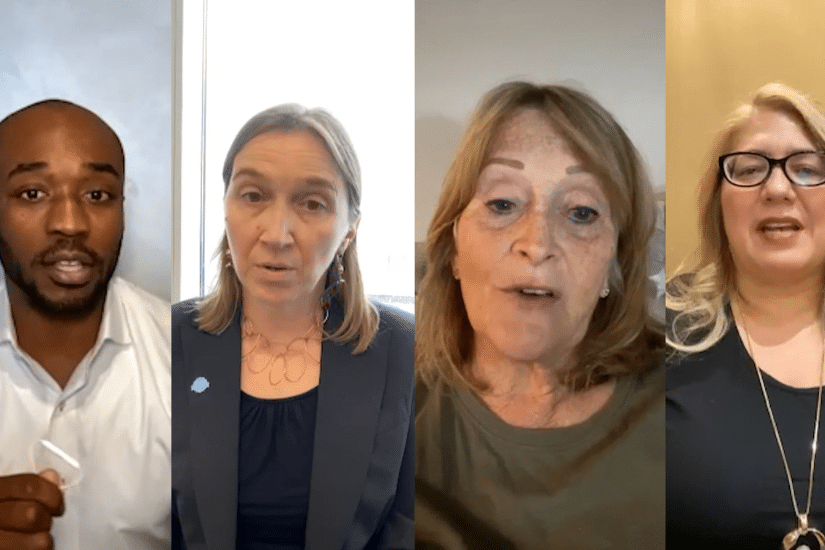A Cure for FOMO

The term FOMO refers to the acronym for “Fear Of Missing Out.” Some retirees experience a version of FOMO related to their savings habits.
For them, “missing out” is synonymous with a fear of running out of money during retirement.
Unlike FOMO, however, the fear of running out of money in retirement is easily curable.
Retired workers don’t have to fear running out of money. With an annuity, they can have guaranteed income for life.
Unfortunately, not enough Americans know about annuities. That’s why June has been designated as Annuity Awareness Month to highlight the only financial product in the marketplace that offers savers guaranteed income for life.
Running out of money in retirement is a very common fear. In fact, 61% of people surveyed by Allianz Life are more frightened of running out of money than death.
Many of those folks must not be familiar with annuities – and they’re not alone. Half the people in a Morning Consult survey for ACLI were not familiar with a guaranteed lifetime income product that pays out like a pension.
But thanks to education campaigns like Annuity Awareness Month, interest in guaranteed lifetime income is increasing. According to LIMRA, 52% of pre-retirees would consider converting a portion of their assets into a lifetime-guaranteed annuity in retirement, up from 33% in 2018.
Many annuity owners are middle-income. In fact, the median household income among U.S. annuity owners in 2022 was $76,000 a year while median household income in the U.S. is $63,000. Seventy-five percent of annuity income recipients receive up to $18,000 each year.
With the average annual Social Security Old-Age benefits being $21,902 in 2022, annuities can provide a valuable supplement to a retiree’s income.
There’s no guarantee that someone won’t miss out on an opportunity. But there is one sure-fire guarantee for retirement income certainty: an annuity.
(To learn more about annuities, join ACLI’s LinkedIn Live conversation on Thursday, June 13, at 4:00 pm ET.)





